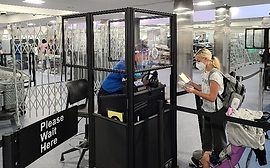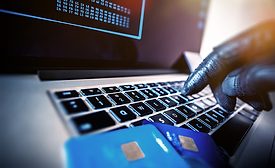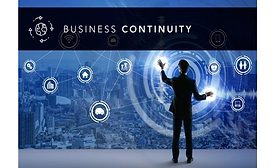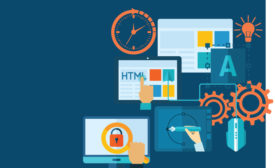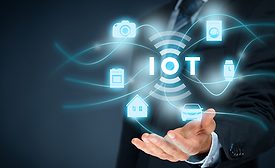Coronavirus and Business Continuity
Driving remote workforce efficiency with IoT security
Digital transformation with Internet of Things (IoT) devices provides many organizations a way forward, but optimizing the strategy needs to start with security.
August 20, 2020
Get our new eMagazine delivered to your inbox every month.
Stay in the know on the latest enterprise risk and security industry trends.
SUBSCRIBE TODAY!Copyright ©2024. All Rights Reserved BNP Media.
Design, CMS, Hosting & Web Development :: ePublishing


